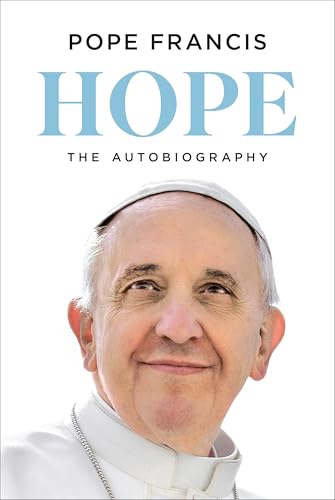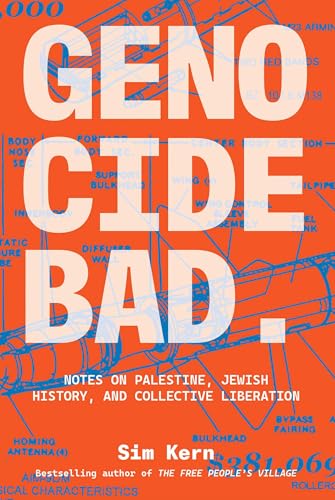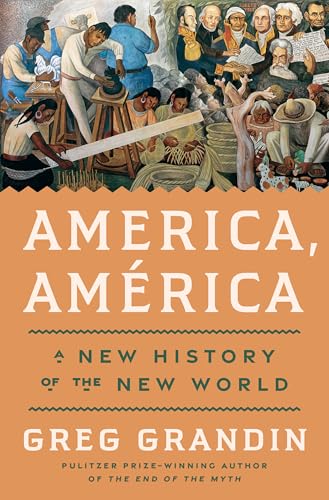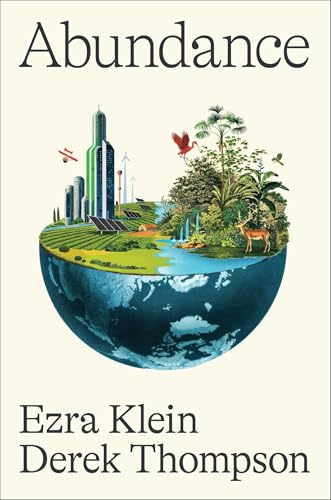Review of HOPE
by Johny McFliggen, PhD Literature & Business, Oxford
In a world where the cacophony of voices often drowns out whispers of hope, Pope Francis's latest literary offering, "HOPE," co-authored with Carlo Musso, emerges as a beacon of solace and guidance. As one might expect from the pontiff whose papal reign has been marked by a striking blend of humility and audacity, this book is not merely a recounting of personal history or a series of platitudes strung together for the spiritually faint-hearted. Rather, it is an intricate tapestry woven from the threads of experience, doctrine, and an unwavering commitment to social justice.
Pope Francis, or Jorge Mario Bergoglio as he was once known, takes us on a journey from the bustling streets of Buenos Aires to the hallowed halls of the Vatican. His narrative is rich with the kind of detail that only someone who has truly lived can provide. He paints the portrait of a man shaped as much by his Argentine roots as by his deeply held faith. This exploration of his life is reminiscent of the introspection found in Thomas Merton's "The Seven Storey Mountain," yet Pope Francis's account is uniquely infused with his characteristic pragmatism and warmth.
The collaboration with Carlo Musso suggests that this is more than an autobiography; it's a call to action. While Pope Francis's previous works, such as "Laudato Si'" and "Fratelli Tutti," have laid the groundwork for his progressive ethos, "HOPE" builds upon these foundations with a clear-eyed focus on the practical application of faith in a fractured world. Musso's influence is palpable in the way abstract ideals are translated into actionable steps, echoing the work of liberation theologians like Gustavo Gutiérrez.
Thematically, the book resonates with an urgency that transcends religious boundaries. It speaks to global challenges such as environmental decay and economic inequality with a resonance that calls to mind Greta Thunberg's impassioned pleas for climate action. Yet, unlike the often polarizing rhetoric that dominates public discourse, Pope Francis offers hope as a unifying force—a balm for the wounds inflicted by division and despair.
Critics may argue that Pope Francis's vision is overly idealistic or insufficiently grounded in traditionalist doctrine. However, such critiques miss the mark. The book's strength lies in its ability to inspire without succumbing to naiveté. It acknowledges complexity and yet insists on our capacity for goodness, much like Viktor Frankl's "Man's Search for Meaning."
In "HOPE," Pope Francis crafts a narrative that is as much about personal reflection as it is about communal transformation. It challenges readers to look beyond their immediate circumstances and consider their role in the greater human family. This is not just a book for Catholics or even Christians; it's a manifesto for anyone who dares to believe that hope can indeed change the world.
In sum, "HOPE" by Pope Francis and Carlo Musso stands as a testament to the enduring power of faith when wielded with love and purpose. It invites us to embrace hope as both an anchor and a compass in navigating the turbulent waters of our time. For those willing to accept its challenge, it promises nothing less than a transformative journey—a pilgrimage toward a more just and compassionate world.
Purchase Link: HOPE on Amazon



